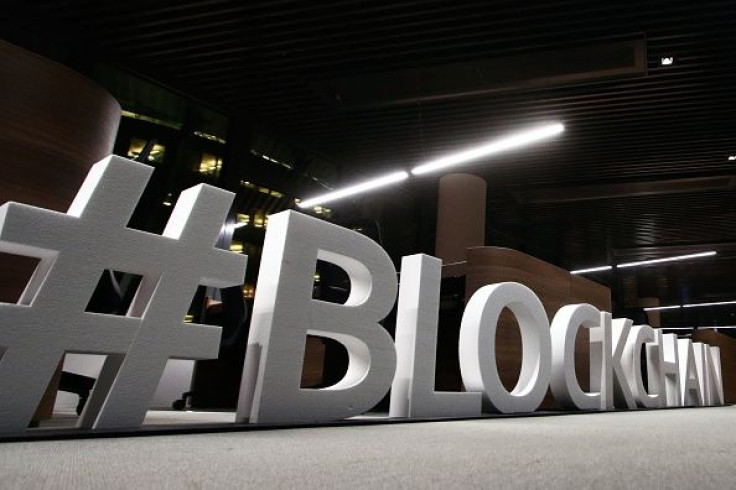India Elections Will Use Blockchain System Soon To Avoid 'Lost Votes'
KEY POINTS
- India plans to integrate blockchain in their election
- Blockchain will help Indian citizens who moved away from the city or town they were registered as voters to cast their ballot during election time
- There are about 300 million voters who couldn't participate in last year's election
Of the estimated 900 million voters in India, one-third aren't exercising their democratic right to vote. And it's not because most of them are not engaged in the country's politics -- a lot can't vote because they are far away from the city or town they are registered.
The country in its elections last year were absent of about 300 million citizens whose current location wouldn't allow them to partake in casting their ballot, The Times of India reported on Thursday. Plenty of Indians migrate from one city to another and for various reasons like work, marriage and education. But due to the sometimes temporary nature of their stay in another town, they would often resist going through the process of registering again.
With that, chief election commissioner Sunil Arora said told that an audience at the Times Now Summit that they are close to finding a solution with the Indian Institute of Technology in utilizing one of today's burgeoning technology, blockchain.
By employing blockchain to voting, the country would be able to tap into the missing 300 million votes that have the capacity to change the political landscape.
By using blockchain for their next election, India would follow the footsteps of Russia and Sierra Leone. In 2019, Moscow launched a blockchain-based electronic voting system, and it was carried out by the Moscow City Election Commission and Moscow Department of Information Technology (DIT).
But the first one to conduct a voting system based on blockchain is the West African country, according to Blockchain Council. Sierra Lone wanted a more secure and transparent electoral process, and blockchain fitted those requirements.
Indeed, blockchain's properties, such as the immutability of recorded data, transparency of transactions, anonymity, and the decentralized nature of it, are the reasons why countries and also companies are drawn to the technology.
Blockchain now serves companies big and small. The largest bank in the U.S. JP Morgan, whose CEO famously criticized the asset that blockchain is most known for (Bitcoin), is utilizing blockchain to power a network of more than 300 banks. Not only that, but JP Morgan also plans to use blockchain to create its own version of cryptocurrencies.

© Copyright IBTimes 2024. All rights reserved.











